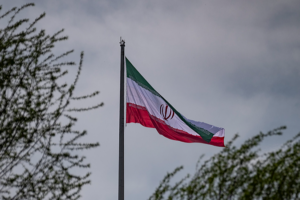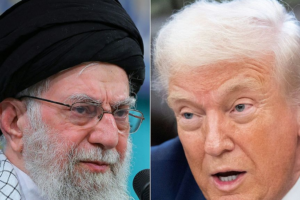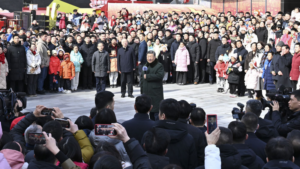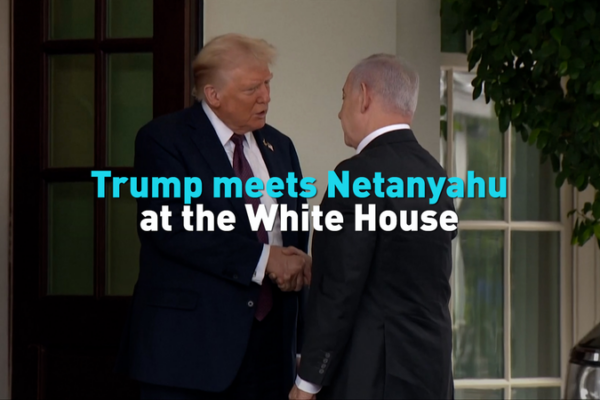
Trump, Netanyahu Discuss Iran, Gaza Tensions in 2026 White House Talks
Trump and Netanyahu address Iran’s influence and Gaza stabilization plans during pivotal 2026 White House meeting ahead of new peace initiative launch.

Judge Halts TPS Termination for Haitians in U.S., Relief Uncertain
A U.S. judge blocks termination of Temporary Protected Status for Haitians, offering temporary relief amid ongoing legal battles over immigration policy.

Mexico’s Allan Corona Skis Toward Olympic History at Milan-Cortina 2026
Mexican skier Allan Corona leads his country’s historic Winter Olympics participation at Milan-Cortina 2026, symbolizing winter sports’ global expansion.
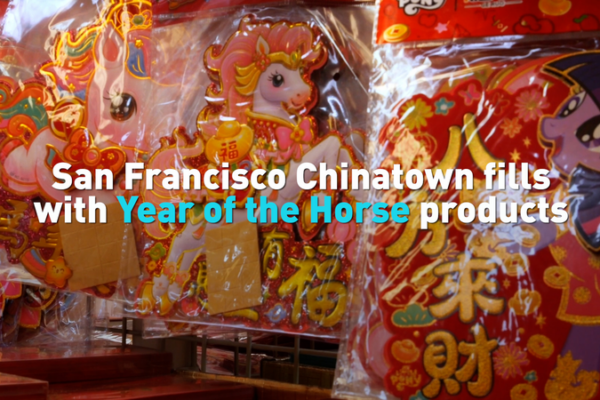
San Francisco Chinatown Embraces Year of the Horse Festivities
San Francisco’s Chinatown buzzes with Lunar New Year energy as shops stock up on Year of the Horse merchandise, blending tradition and commerce in 2026.

Landmark Trial Challenges Tech Giants Over Youth Mental Health Impact
Historic US trial examines Meta and YouTube’s alleged role in youth mental health crisis, with potential global implications for tech regulation.

Plane Skids into Mogadishu Shoreline; All Passengers Safe
A Fokker 50 aircraft skidded into shallow waters off Mogadishu’s coast yesterday. All passengers evacuated safely with no injuries reported.

Charreria: Mexico’s Horse-Centric Heritage Gallops into 2026
Mexico’s Charrería tradition gains global attention during 2026’s Year of the Horse, blending cultural identity with equestrian mastery.
Africa’s Mining Indaba 2026 Sparks Global Race for Mineral Supply Chains
Global players compete for Africa’s mineral resources at 2026 Mining Indaba, with Asian markets and downstream processing projects shaping new supply chain dynamics.

China Prioritizes AI Innovation to Drive High-Quality Development in 2026
Chinese Premier Li Qiang outlines strategies to accelerate AI innovation and application, aiming to boost high-quality development and global tech leadership in 2026.
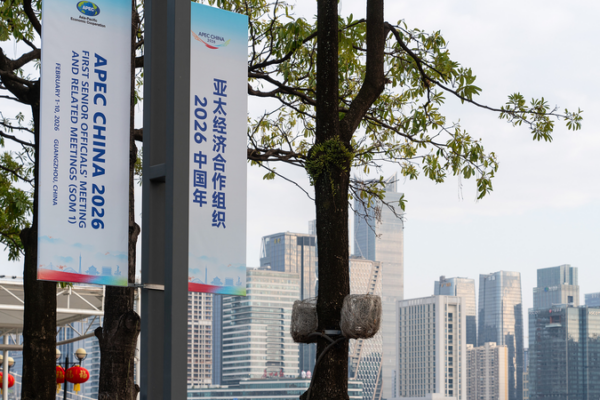
China Launches APEC ‘China Year’ with Focus on Regional Prosperity
China initiates APEC ‘China Year’ with 300 events planned to boost Asia-Pacific cooperation, innovation, and shared prosperity through 2026.
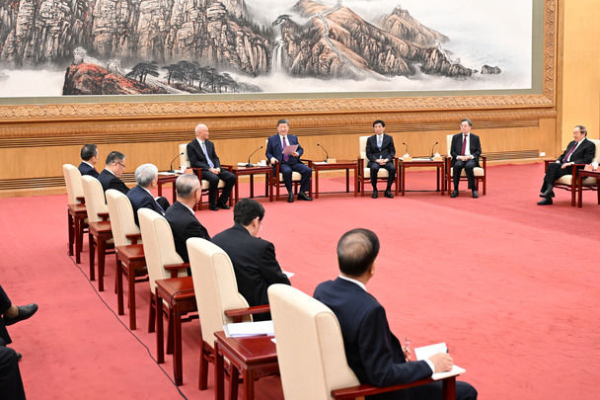
Xi Jinping Stresses Unity at Chinese New Year Gathering with Non-CPC Representatives
President Xi Jinping emphasizes unity and cooperation with non-CPC representatives at a pre-Spring Festival gathering in Beijing, reinforcing cross-party collaboration ahead of the Lunar New Year.
Sambuu’s Morin Khuur: Preserving Mongolia’s Living Musical Heritage
Xinjiang-based musician Sambuu revitalizes Mongolia’s 800-year-old horse-head fiddle tradition through education and innovation, bridging past and present.
Ireland-China Ties Strengthen Through Cultural Bridges, Envoy Shares
Ireland’s envoy to China highlights cultural connections through literature, Riverdance success, and leadership exchanges as bilateral ties deepen in 2026.

UK Prosecutors Review Royal, Diplomatic Ties to Epstein Scandal
UK authorities confirm coordination with police on probes into Prince Andrew and Peter Mandelson’s alleged links to Jeffrey Epstein, as investigations intensify in 2026.

Epstein Files Expose Elite Privilege, Spark Global Accountability Debate
Newly released Epstein documents reveal systemic elite privilege, raising questions about accountability and judicial fairness in Western democracies.
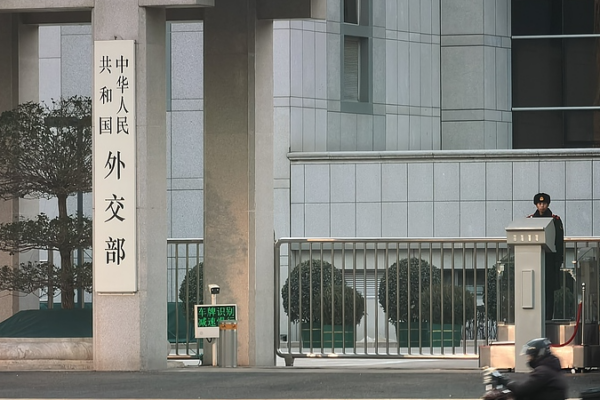
China Condemns U.S. Over Nuclear Test Accusations, Warns of Global Risks
China accuses the U.S. of undermining global stability by fabricating nuclear test claims and abandoning disarmament treaties, escalating tensions in 2026.

South Africa Sees 16% Drop in Rhino Poaching in 2025
South Africa reports a 16% decline in rhino poaching in 2025, attributing the drop to enhanced anti-poaching efforts and regional collaboration.

US Deploys 200 Troops to Nigeria for Counterterrorism Training
The US deploys 200 troops to Nigeria for counterterrorism training, bolstering military collaboration amid regional security challenges in West Africa.

Hostages Freed as Gunman Detained in Southern Thai School Incident
Thai authorities detain gunman after school hostage situation in Songkhla Province; three injured, all hostages freed.

Mexican Skier Allan Corona Breaks Barriers Ahead of Milano Cortina 2026
Mexican skier Allan Corona defies expectations at Milano Cortina 2026 Winter Olympics, aiming to inspire Mexico’s winter sports future.
